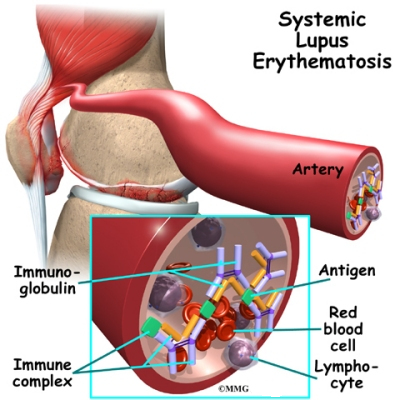
Throughout this assignment I have learned many new things about lupus including additional symptoms that I didn't know about, treatments and conditions, and also celebrities that have this disease as well. Learning these new things has not only taught me something new but it has also taught me information that I can use to fully understand the power of lupus. It has also taught me how to understand, in a sense, how victims of lupus maybe feeling mentally and/or physically and possible ways that I maybe able to help them in their time of need.
Another new fact that I've learned throughout the completion of this project is that Lupus has been around for a very long time. I thought lupus probably had just come around in the 1800's but facts have proven that this disease has been around as early as the 13th century instead. This new fact has taught me that many people before our loved ones and the now famous celebrities have suffered from lupus or at least showed some of the symptoms that we now have names for and proof of.
I'm glad that I decided to do lupus as my topic for this project because I have learned a lot of use information. Another reason that I am glad that I did this project is because I believe that it may help others as well. This blog can help not only people with lupus, but also people that know other people that have lupus, and people that are interested in knowing and understanding this disease.

 Seal has suffered with lupus since early in his childhood. He battled with discoid lupus and it left him with facial scars and hair loss. Mercedes also has suffered from hair loss and she takes medication for it as well. Micheal Jackson was diagnosed with Systemic lupus erythematosus in 2007.
Seal has suffered with lupus since early in his childhood. He battled with discoid lupus and it left him with facial scars and hair loss. Mercedes also has suffered from hair loss and she takes medication for it as well. Micheal Jackson was diagnosed with Systemic lupus erythematosus in 2007. 













